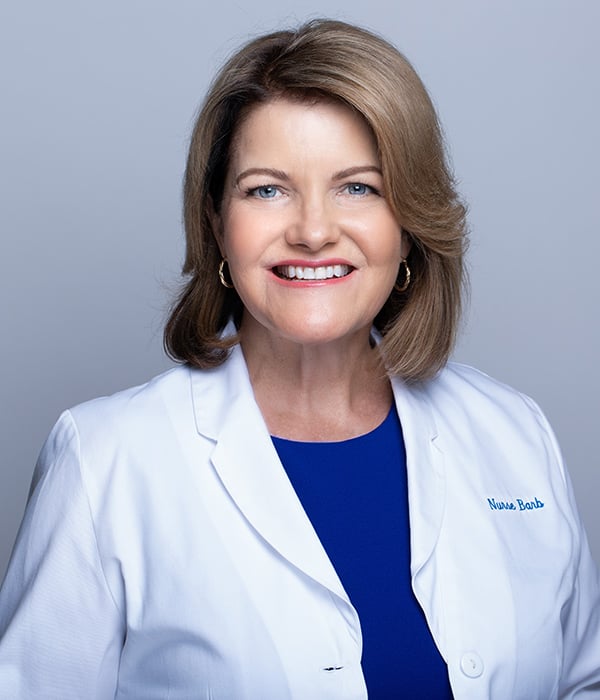
Barb Dehn, NP, FAANP, NCMP
Before we dive into treatments, here’s a quick review:
With
PCOS, in general:
- A woman
doesn’t ovulate regularly - Her
periods are irregular or absent - It’s
more difficult for her to lose weight - She’s
more likely to have acne & unwanted hair growth - She
is likely to have an insulin resistance and is at risk for developing diabetes - She
may have more challenges becoming pregnant - She
has a higher risk of abnormal uterine bleeding and endometrial cancer
Treatments
for PCOS
Treatments
are aimed at restoring the balance of hormones, estrogen and progesterone and
to decrease the unwanted side effects of acne and hair growth. Treatment goals
are to help reverse insulin resistance, reduce weight and prevent diabetes as
well as prevent and/or treat abnormal periods.
In
addition, hormonal treatments reduce the endometrial exposure to unopposed
estrogen decreasing the risk of endometrial cancer.
Why are women with PCOS at
risk for Uterine Cancer?
In PCOS, the irregular
cycles and lack of regular ovulation means that the uterine lining is exposed
to estrogen without the balancing effects of progesterone. This can lead to
uncontrolled growth of the uterine lining, known as endometrial hyperplasia
resulting in very heavy periods. It can also cause abnormal cell growth in the lining of the uterus, placing them at risk
of uterine cancer
Many women with PCOS will
go 3 or more months without a menstrual period. When they do bleed, it is often
asynchronous, prolonged for greater than 10 days and heavy. This is not usually
a period, but a result of the hyperplasia in the endometrium.
To reduce
the risk of endometrial hyperplasia, it’s recommended that women with PCOS
receive progesterone in one of the following ways:
- Birth Control Pills with estrogen and progesterone
- Progesterone only Pills
- The combined estrogen, progesterone contraceptive ring
- A progesterone containing IUD
- A progesterone containing Implant
- Progesterone injections
Though it might be tempting not to treat PCOS so that your patients can continue
to skip periods, ultimately that is an unsafe long term option.
Birth Control Pills
Another critical part of the treatment of PCOS is to help reduce two of the most bothersome manifestations, which are acne and hirsutism. These are a result of increased circulating levels of androgenic or hormones, DHEA, DHEAS and Testosterone that women with PCOS have in much higher amounts than women with typical cycles.
When a woman uses a combined oral contraceptive, containing both estrogen and progesterone, the pill is metabolized by the liver, triggering a first-pass effect resulting in the increased production of Sex Hormone Binding Globulin or SHBG.
What SHBG does is to bind with
the androgenic hormones in the serum, which decreases what’s bioavailable in
the tissues and skin reducing acne and excessive hair.
This is why all combined oral contraceptives can help reduce acne. It
usually takes about 3 months to see the full benefit.
Women who are 35 and smoke, those with a history of blood clots, and those with migraines with visual changes should not use the birth control pill. For a list of other contraindications and warnings about the pill click here. (link to https://www.healthywomen.org/condition/birth-control-pills#hc-tab-2 )
2 Great resources for women with PCOS
• Soul Cysters (link: http://soulcysters.com )
• PCOS Awareness Association (link: https://www.pcosaa.org )
See Barb Dehn, NP, FAANP, NCMP speak at a 2020 Skin, Bones, Hearts & Private Parts event in Virginia Beach • San Antonio • Orlando • Las Vegas